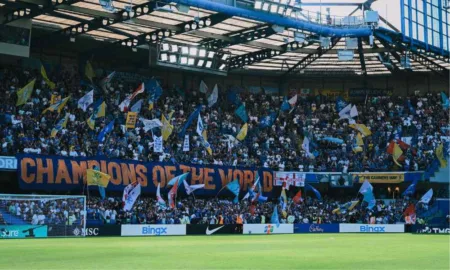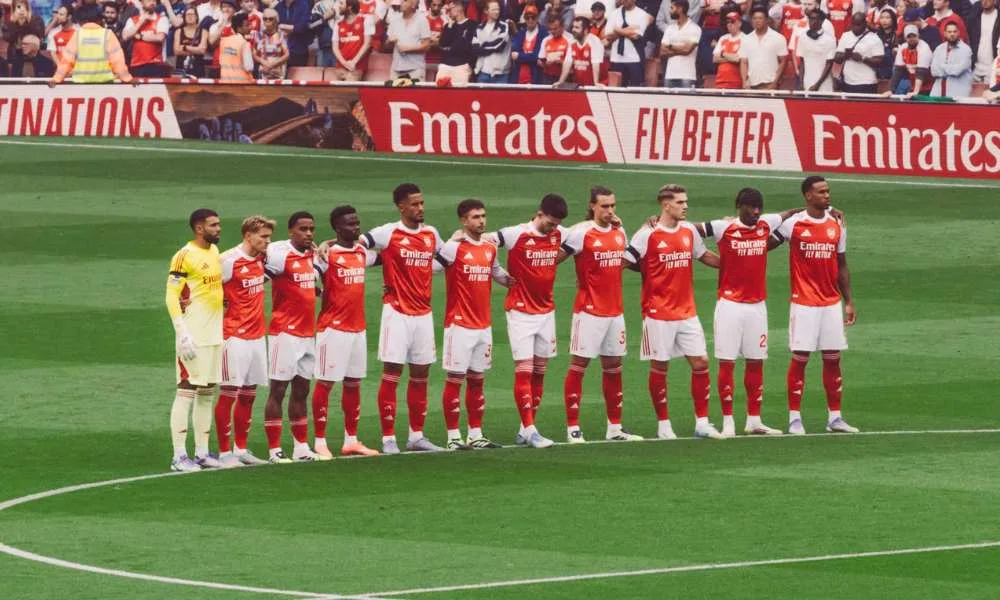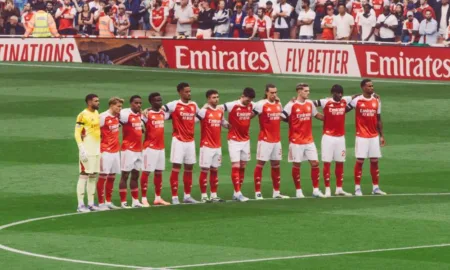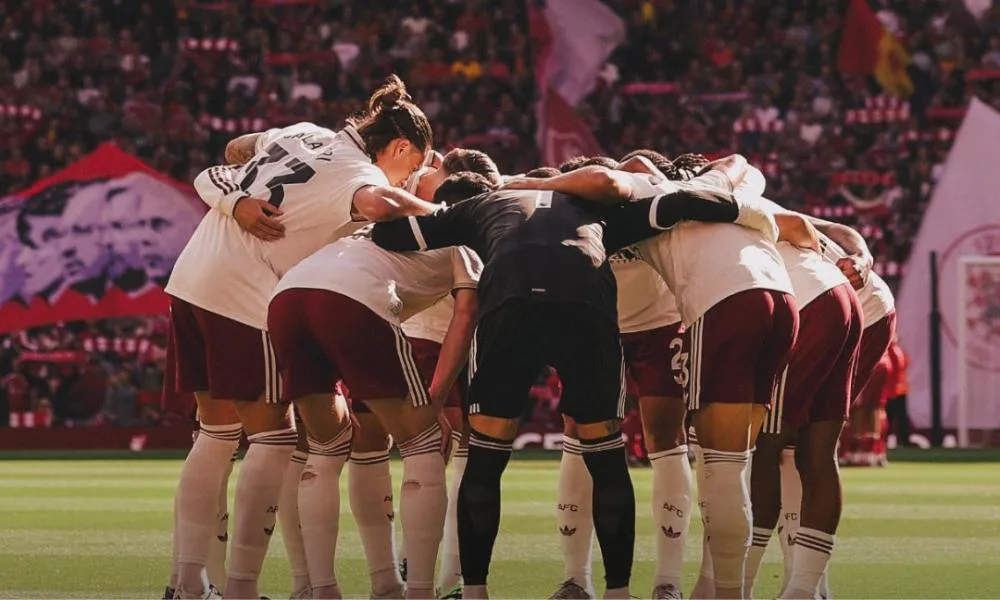There beneath the Rute Cardoso stood–elegance in white, misery in dignified disguise–towards the iron gates of Anfield and in the specter banners. She did not come as a wife of a Premier League player but as a wife of a man whose goals had been left behind: Diogo Jota, a boy of Massarelos who turned Merseyside into his second home.
Tactics and transfers Other people can forget about this time. This game was a reminder that football is not always about formations. Sometimes, it’s about flowers on pavements and candles that flicker in silence.
Rute Cardoso and the Power of Silent Strength
There she stood, surrounded by scarves and notes, her presence louder than the chants that once shook the Kop. Rute Cardoso didn’t speak, but she didn’t have to. Liverpool heard her just fine. Some wore shirts with Jota’s number. Others brought teddy bears. Everyone brought tears.
And yet, even in sorrow, the absurdities of life poked through. One fan accidentally lit a birthday candle instead of a memorial one. Another offered Rute a pie as a gesture of love (Liverpool hospitality, folks). But she smiled softly, as if to say, He would’ve laughed at that.
How Rute Cardoso Became the Heart of a Healing City
When tragedy strikes, cities often fracture. But Liverpool? It knits itself together. And at the center of this weave is Rute Cardoso—the lighthouse for three young children and the soul of a grieving fanbase. Journalists usually write about midfielders pulling strings. Today, we write about a widow holding the threads.
The Game Beyond the Game
Grief, like football, is cruelly unpredictable. But love? That’s eternal. When the city screams the name of Jota and the murals begin to appear on the brick walls, there is one thing everyone realizes: Rute Cardoso did not only lose a husband; she also has a city that will never forget him.
And somewhere in the world, under the stadium lights, you can almost hear him say, You will never walk alone.
As featured on Walkon.com
























